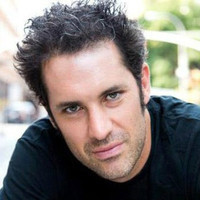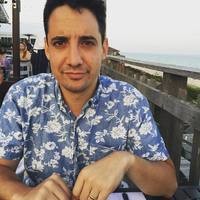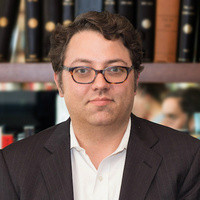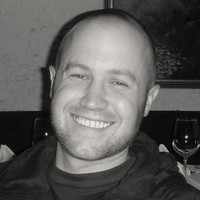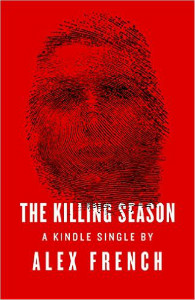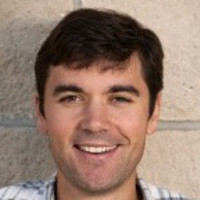Mishka Shubaly is the author of I Swear I’ll Make It Up to You and several best-selling Kindle Singles.
“I remember thinking when I was shipwrecked in the Bahamas, ‘I’m going to fucking die here. I’m 24 years old, I’m going to die, and no one will miss me. I’m never going to see my mother again.’ And then the guy with the boat came around the corner and my first thought was ‘Man, this is going to be one hell of a story.’”
Thanks to MailChimp and Audible for sponsoring this week's episode.
